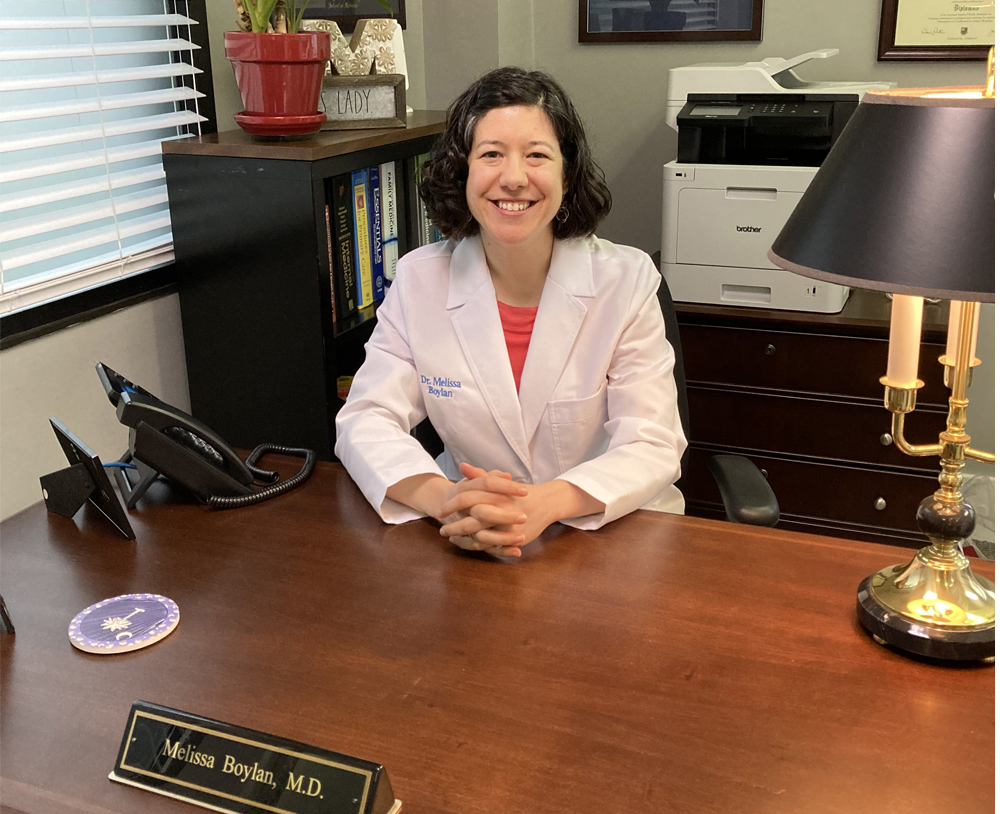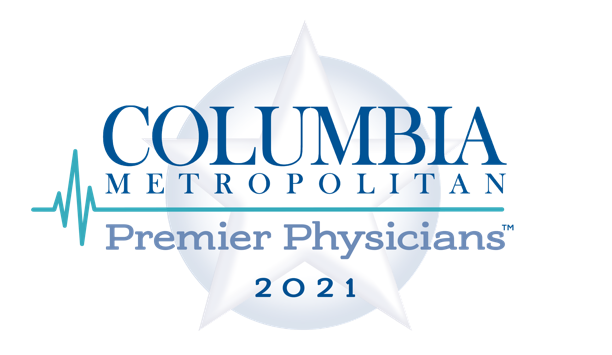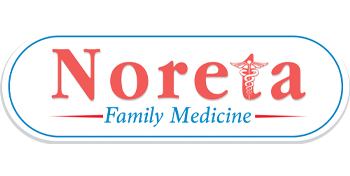The Days When a Human Answered the Phone
My in-laws volunteer at their local hospital up North, and love being friendly helpers who guide lost or anxious patients to their test or appointment. Given that I am a family doctor, they often discuss their volunteer experiences with me. During a recent conversation, they said they’ve noticed a recurring theme – patient complaints about impersonal service. Patients come to the hospital information desk and ask my father-in-law how they can get a copy of their medical records. He hands over a phone number because that department was moved out of the hospital. The frustrated patients respond “You mean I can’t just get my records today?”. Other patients come to the information desk to ask where the billing department is because they have questions about their bill. My mother-in-law hands them the number to the billing department because that area was outsourced years ago. The patients respond “Oh no, I’m going to be on hold for hours….” Patients at their hospital also commonly complain to my in-laws that they can’t stand weaving their way through the maze of a phone tree when they call their doctor’s office. They commonly hear patients ask “What ever happened to the days when an actual human answers the phone?”
Despite the distance between my in-law’s Mid-Western hospital and Columbia, SC, the patient complaints are the same. Patient dissatisfaction with service in the healthcare field is a theme from coast to coast and North to South in the US. I’ve discussed this problem with doctors from Pennsylvania, California, from many states in-between, and right here in South Carolina. As a physician, my internal thermometer starts to rise when I discuss the topic of poor service in the healthcare field. I’ve been a physician for nearly 15 years, and I’ve heard the same complaints for every single one of those 15 years. In my opinion, if you can’t expect excellent customer service at your doctor’s office or hospital, then where can you expect it? Why is it that we have become accustomed to getting better service at our car dealerships than our doctor’s offices and hospitals? Is your car worth more than your health? An efficiently done oil change at your car dealership won’t mean a thing if you are in poor health.
To the surprise of many, I am a doctor who answers the phone at my own medical practice. There is no phone tree, no 1-800 number with a robot that answers the phone, and no missing your dinner reservation because you were on hold for hours. Why did I choose to open a Direct Primary Care (DPC) office where I have to answer the phone? Because in addition to being a doctor, I have been that frustrated patient, and I saw an opportunity for an improvement. How frustrated are you by hearing your 10-year-old complain about the same thing over and over again? Now imagine if they complained about the same thing for 15 years! I’m just not that tolerant! I needed to find a solution to the problems my patients complained about day after day, year after year.

Let’s take a step back now and look at the name “Direct Primary Care.” The name implies that primary care is delivered directly to the patient. All aspects of primary care, including handling phone calls, are personalized to you, the patient. Not dealing with health insurance allows a smaller team to be involved in your primary care, and actually affords them the time to become involved and to care. Will I always be the only one answering calls at Noreta Family Medicine? No, but even when the time comes to add a staff member or two, personalized service will remain a top priority at Noreta because I’ve spent 15 years on the “other side” and I’ve seen the light!
Melissa Boylan MD, FAAFP
Family Physician and Owner of Noreta Family Medicine
NoretaFamilyMed.com

